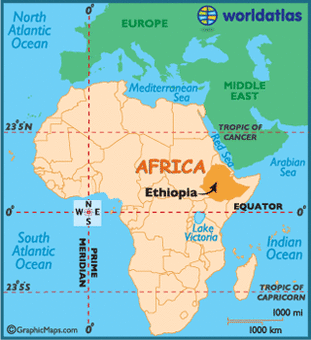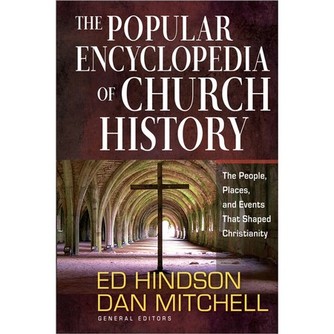posts
 This past spring and summer, along with my colleague Chris Little, I had the privilege to oversee the master's thesis of one of our CIU students Jessie Udall entitled, "Preparing Ethiopians for Cross-Cultural Ministry." This is an encouraging and insightful study about missions sending from Africa to the world. While you may download the entire thesis HERE, below is an excerpt from Jessie's concluding chapter: In this [work], I have endeavored to examine what progress has been made in preparing Ethiopian evangelicals to work cross-culturally to fulfill the Great Commission as well as what potential for growth still remains. I accomplished this by first explaining the need for Christian education – particularly missionary education – for the booming church in the Global South. If the massive numbers of people coming to the Lord are not intentionally discipled, empowered, and equipped to pass on the Good News, then the flood of conversions will slow and this promising movement will not reach its full potential. Ethiopia is a country with a particularly unique potential to be a robust witness to many formerly unreached people groups, but she also faces several obstacles on the road to becoming a major missionary sending nation. I explored some of the reasons behind her potential: refined faith due to persecution, effectiveness of student ministry among unreached people groups within the borders of Ethiopia, and strategic location on the border of the 10/40 Window with open doors to many countries which are closed or hostile to Westerners. Before delving into specific examples of African missiological education, I surveyed global experts to find out what constitutes adequate missionary training. The components I discovered – Contextualization, Application, Biblical/Theological/Ministry Studies/ Intercultural Studies/Missiology, Personal/Spiritual Life Development, and Practical Skill Acquisition – formed the rubric by which all schools mentioned in this study were evaluated. I chose three representative Ethiopian missionary training programs to study: a nine-month Certificate in Missionary Outreach program, a two-year Diploma in Missions program, and a four-year B.Th. in Missions program. Next, I broadened the horizons by featuring three missionary training programs in broader Africa noted for their best practices: an 11-month Mission Leadership Training School, a one-year post-Bible school missionary training program, and a two-or-three year post-Bible school Certificate or Diploma in Missions program. By evaluating these six schools according to the global standards for effective missionary preparation, I was able to tease out good ideas and insights to be applied later in the recommendations. With the help of seventeen survey participants from various vantage points in ministry in Ethiopia, I gained an understanding of the progress and the potential for growth in the state of Ethiopian missionary sending today. Among other things, the participants shared some specific obstacles which must be removed in order for Ethiopia to become a major missionary sending nation in the future: unawareness of the need for missions, a related lack of teaching and discipling in missions, struggles with language proficiency (English or other world languages), money-related problems, and a receiving mentality. These same survey participants helped to inform my recommendations for enhanced missiological education specifically as well as for increased systemic support for missionary preparation and sending. If any or all of these suggestions are implemented, I believe that Ethiopia will be moving in the right direction toward fulfilling her unique potential to become a major missionary sending nation in the near future. I am encouraged to share that this new practical and accessible resource--intended for the church--has recently been published. I had the privilege to write fifteen short entries on some figures and subjects related to early church and missions history (Alexandrian School, Ambrose, Augustine, Apostles Creed, Bede, Docetism, Irenaeus, Polycarp, William Carey, Cyril and Methodius, Ephrem the Syrian, Eusebius, David Livingstone, Francis Xavier, Nicolas von Zinzendorf).
More information on this volume comes from the publisher: Announcing the newest release in our well-received Popular Encyclopedia series--The Popular Encyclopedia of Church History, an ideal resource for anyone who want a clear, user-friendly guide to understanding the key people, places, and events that shaped Christianity. General editors Ed Hindson and Dan Mitchell have extensive experience with producing reference works that combine expert scholarship and popular accessibility. Together with a broad range of well-qualified contributors, they have put together what is sure to become a standard must-have for both Bible teachers and students. With nearly 300 articles across 400 pages, readers will enjoy...
This valuable resource will enrich believers' appreciation for the wonderful heritage behind their Christian faith. |
Archives
November 2023
|

 RSS Feed
RSS Feed
